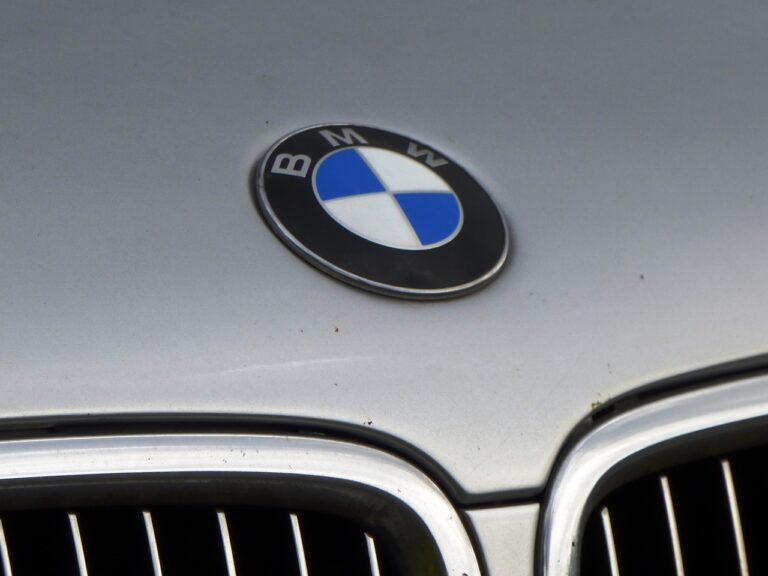The Evolution of Car Subscription Models: Pay-Per-Use Options
Car subscription models have seen a significant transformation in recent years, offering consumers a more flexible and hassle-free alternative to traditional car ownership. Companies have adapted to changing consumer preferences by providing options that cater to varying needs and lifestyles. Customers now have the freedom to choose a subscription plan that aligns with their individual driving habits and budget constraints.
The evolution of car subscription models has paved the way for innovative features such as all-inclusive packages that cover maintenance, insurance, and roadside assistance. This shift towards a more holistic approach to car ownership has resonated with many consumers who value convenience and simplicity. With subscription models gaining popularity, the automotive industry continues to explore new ways to enhance the overall experience for users, creating a competitive marketplace for on-demand transportation solutions.
Traditional Ownership vs. Subscription Models
Traditional car ownership has long been the norm for individuals seeking to have a vehicle readily available for their personal use. The concept is simple: purchase a car, pay for insurance, maintenance, and other related expenses, and the vehicle is yours to use as you please. This ownership model provides a sense of control and permanence, as the car becomes a valuable asset that can be kept for years.
On the other hand, car subscription models offer a more flexible and scalable approach to accessing vehicles. With a subscription service, individuals pay a monthly fee to drive a car of their choice without the burden of long-term commitment or ownership responsibilities. This model appeals to those who prefer variety, as they can switch between different makes and models based on their needs and preferences.
• Traditional car ownership provides a sense of control and permanence
• Car subscription models offer flexibility and scalability
• With subscription services, individuals can switch between different makes and models based on their needs and preferences
• Subscription models eliminate the burden of long-term commitment or ownership responsibilities
Benefits of Pay-Per-Use Options
When it comes to the benefits of pay-per-use options in the realm of car ownership, flexibility reigns supreme. Unlike traditional ownership models that lock individuals into long-term commitments, pay-per-use options provide the freedom to utilize a car only when needed. This pay-as-you-go approach offers a sense of liberation from the constraints of monthly payments and maintenance costs.
Additionally, pay-per-use options can result in cost savings for individuals who do not require a vehicle on a daily basis. By paying for the actual usage of a car rather than bearing the expenses of ownership, individuals can potentially reduce their overall transportation costs. This pay-for-what-you-need structure is particularly advantageous for city dwellers or individuals who have access to alternative modes of transportation and only require a car sporadically.
How do pay-per-use options differ from traditional car ownership?
Pay-per-use options allow individuals to use a car as needed and only pay for the time or distance they use it, unlike traditional ownership where one pays for the entire vehicle regardless of usage.
What are some benefits of pay-per-use options?
Some benefits include flexibility, cost savings, and the ability to access a variety of vehicles without the commitment of ownership.
How have car subscription models evolved over time?
Car subscription models have evolved to offer more customizable options, including pay-per-use plans that cater to individuals who prefer a more flexible approach to car ownership.
What are some drawbacks of traditional ownership compared to subscription models?
Traditional ownership may involve higher upfront costs, ongoing maintenance expenses, and the depreciation of the vehicle’s value over time, whereas subscription models offer a more cost-effective and hassle-free alternative.
How can pay-per-use options benefit individuals who only need a car occasionally?
Pay-per-use options allow individuals who only need a car occasionally to access a vehicle when needed without the long-term commitment and costs associated with traditional ownership.







